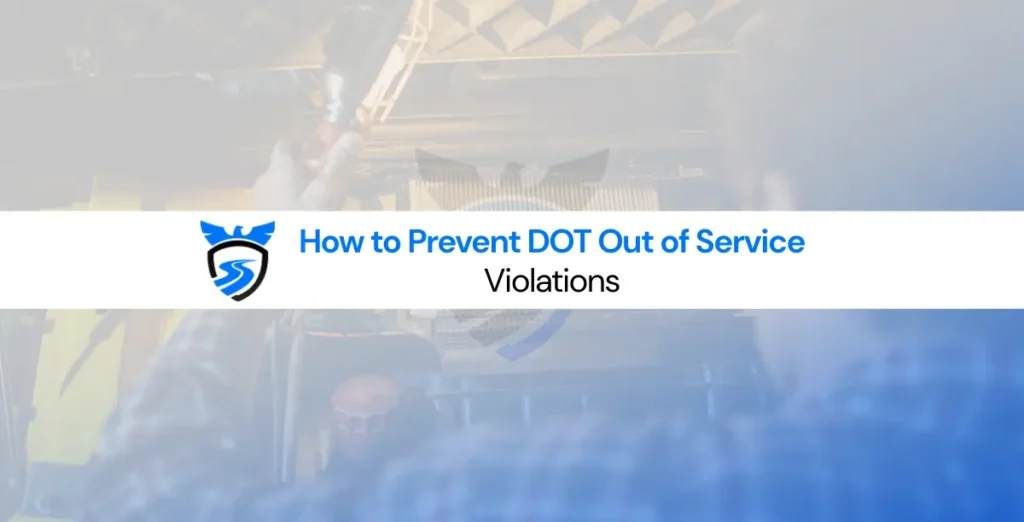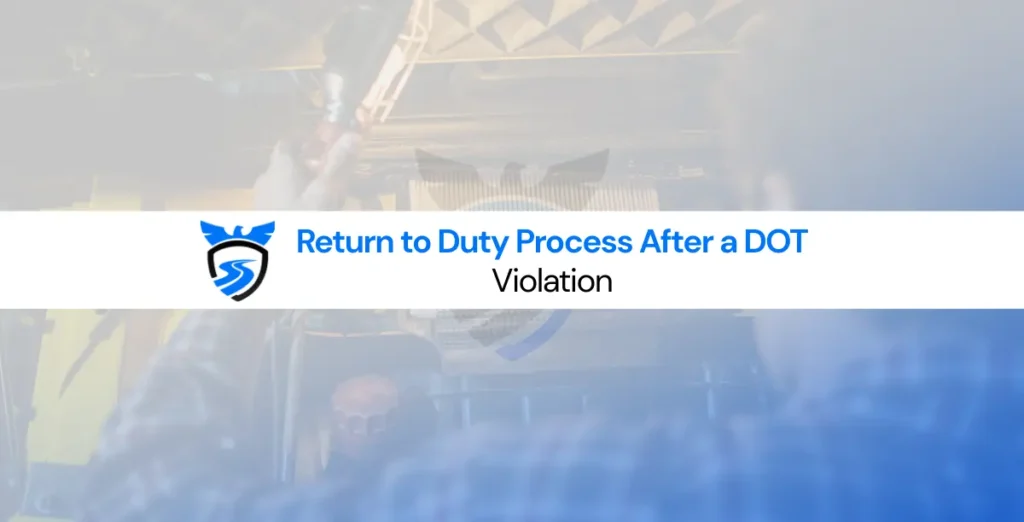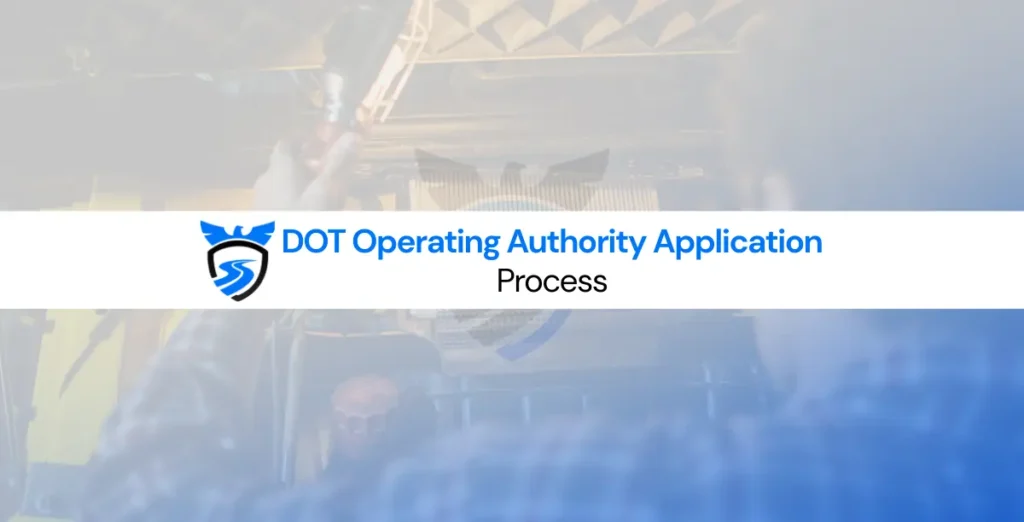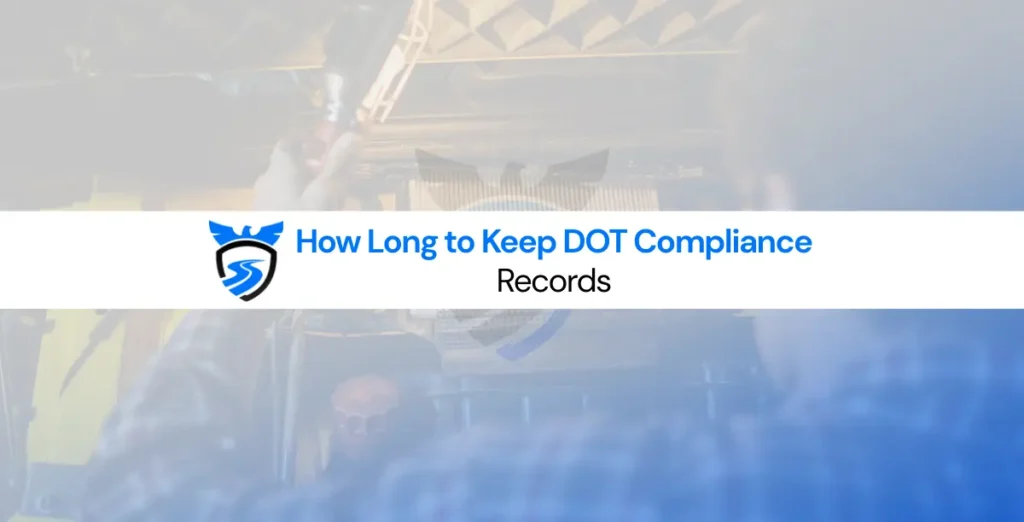In the trucking industry, reputation and safety are everything. One roadside inspection, one missed report, or a single driver violation can significantly impact your compliance standing. That’s where your CSA Score comes into play, it’s not just a number, but a reflection of how well your fleet operates under federal safety standards. Understanding and managing this score isn’t optional, it’s essential for keeping your trucks on the road and your business in good standing with the FMCSA.
What Are CSA Scores?
CSA Scores, short for Compliance, Safety, Accountability Scores, are a safety measurement system established by the Federal Motor Carrier Safety Administration (FMCSA). The goal of these scores is to assess the safety performance of commercial drivers and motor carriers operating across the United States. Each score represents how safely a company or driver operates based on inspection data, crash reports, and violations.
The FMCSA collects data through roadside inspections, state-reported crash data, and investigation results. These numbers are then compiled into the CSA program’s Safety Measurement System (SMS), which calculates individual and carrier-level safety ratings. High CSA scores can indicate riskier behavior or noncompliance with federal safety regulations, while low scores reflect strong compliance and safe driving practices.
Ultimately, CSA Scores provide a transparent way for regulators, insurers, and customers to evaluate how safely a carrier operates. For trucking companies and drivers, understanding and maintaining good CSA Scores is critical for avoiding fines, maintaining contracts, and keeping operations running smoothly.
How Are CSA Scores Calculated?
The CSA program uses the Safety Measurement System (SMS) to evaluate performance based on seven categories called BASICs (Behavior Analysis and Safety Improvement Categories). Each category measures different areas of safety and compliance. These include unsafe driving, hours-of-service compliance, driver fitness, controlled substances or alcohol use, vehicle maintenance, hazardous materials compliance, and crash indicators.
Each inspection, violation, or crash contributes to a company’s BASIC percentile score. Scores are compared to peers within similar operation types. A lower percentile means better performance and fewer compliance risks. The FMCSA updates these scores monthly, ensuring carriers are always accountable for their recent actions on the road.
For example, if a carrier consistently receives violations related to brake maintenance or logbook accuracy, their scores in those categories will rise, signaling potential risk. On the other hand, carriers that proactively manage vehicle checks, driver training, and compliance monitoring maintain lower and safer scores.
Understanding how each BASIC impacts overall CSA performance helps businesses identify weaknesses early, improving operational safety and avoiding costly enforcement actions.
Why CSA Scores Matter for Trucking Companies
A company’s CSA Score is more than just a number, it directly affects its reputation, insurance rates, and ability to secure contracts. Shippers and brokers often review CSA Scores before working with a carrier, using them as a benchmark for reliability and safety standards. High scores can result in fewer business opportunities and increased scrutiny from the Department of Transportation (DOT).
Insurance providers also use CSA data to determine premiums. A poor safety record may lead to higher insurance costs, while consistent compliance and low scores can earn carriers better rates. Additionally, a low CSA Score can help carriers avoid FMCSA interventions such as warning letters, investigations, or even operational shutdowns.
Beyond compliance, good CSA Scores demonstrate a company’s commitment to safety. They show that the organization values its drivers, protects its cargo, and prioritizes safe road operations. For trucking companies, improving CSA Scores is not just about avoiding penalties; it’s about building trust and ensuring long-term sustainability.
The Seven BASIC Categories Explained
To understand CSA Scores in depth, it’s important to explore each of the seven BASIC categories:
- Unsafe Driving – Measures behaviors like speeding, reckless driving, or not wearing seat belts.
- Hours-of-Service (HOS) Compliance – Tracks violations related to driver fatigue, such as exceeding driving limits or failing to maintain electronic logs.
- Driver Fitness – Focuses on qualifications, including valid licenses, medical certificates, and proper training.
- Controlled Substances and Alcohol – Evaluates violations related to the use or possession of drugs or alcohol while operating commercial vehicles.
- Vehicle Maintenance – Monitors vehicle condition and repair issues like lighting, brakes, and tires.
- Hazardous Materials (HM) Compliance – Reviews safety and documentation for carriers transporting hazardous goods.
- Crash Indicator – Uses crash data to evaluate patterns of collisions and their severity.
Each category contributes differently to the total CSA Score, and frequent violations in any BASIC can result in targeted FMCSA intervention.
How Drivers Can Check Their CSA Scores
Individual drivers can access their CSA data through the FMCSA’s Pre-Employment Screening Program (PSP). This program allows drivers to view their inspection history and safety record. Carriers, on the other hand, can review their company’s CSA data through the FMCSA portal.
Drivers should regularly check their records to ensure accuracy and take immediate action if they notice any incorrect information. Simple mistakes, such as mismatched vehicle data or unreported corrections, can affect a driver’s professional reputation.
Staying proactive and reviewing CSA data periodically ensures that both drivers and fleet managers have a clear understanding of their safety standing. It also enables early intervention and training to prevent recurring violations.
How Fleet Compliance Technology Helps Improve CSA Scores
Modern fleet management technology plays a vital role in maintaining compliance and improving CSA Scores. Tools like electronic logging devices (ELDs), vehicle inspection reports, driver vetting systems, and automated alerts streamline compliance tasks and reduce human error.
Fleet compliance software consolidates data from various sources, helping fleet managers monitor vehicle maintenance schedules, driver hours, and inspection results in real time. This continuous monitoring ensures that any violation, expired document, or maintenance issue is flagged before it escalates into a compliance risk.
By using automation, trucking companies can significantly reduce paperwork, improve operational transparency, and make data-driven decisions that enhance safety performance. Real-time reporting allows management to identify at-risk drivers and address problems before they affect CSA Scores.
SafeRoad Compliance Portal: Your Compliance Partner
SafeRoad Compliance simplifies how trucking companies and drivers manage their DOT compliance responsibilities. The SafeRoad Portal is designed to take the stress out of compliance by automating and organizing all essential processes in one place.
Through the SafeRoad Portal, users can upload compliance documents, monitor training progress, generate safety reports, and manage real-time safety logs, all from an intuitive, modern dashboard. Fleet managers can track driver performance, receive alerts for expiring records, and ensure their team remains compliant at all times.
With features like document automation, driver qualification tracking, and audit-ready reporting, SafeRoad Compliance helps companies stay ahead of FMCSA requirements. The platform’s clean, user-friendly interface provides clarity and control, giving businesses the confidence that their compliance data is always accurate and up to date.
Best Practices to Maintain Strong CSA Scores
Improving CSA Scores requires consistent effort and a strong safety culture. Here are key practices that make a lasting impact:
- Conduct Regular Inspections: Ensure every vehicle is thoroughly inspected before and after trips.
- Emphasize Driver Training: Regular training refreshers help drivers understand FMCSA rules and prevent common violations.
- Use Fleet Compliance Software: Platforms like SafeRoad automate compliance tracking and minimize manual errors.
- Keep Documentation Organized: Accurate recordkeeping helps during audits and ensures that violations are addressed quickly.
- Address Violations Promptly: Review every violation, understand its root cause, and take corrective action.
By following these practices, carriers can consistently maintain low CSA Scores and demonstrate their dedication to safety.
Key Takeaways
- CSA Scores measure compliance and safety performance for drivers and carriers.
- Scores are based on seven BASIC categories that cover every aspect of road safety.
- High CSA Scores can lead to penalties, inspections, and loss of business opportunities.
- Fleet compliance software, such as SafeRoad Compliance Portal, automates compliance management and reduces risk.
- Maintaining accurate records, training drivers, and conducting regular inspections are essential for better CSA performance.
FAQs About CSA Scores
CSA stands for Compliance, Safety, Accountability, a safety program managed by the FMCSA to evaluate motor carriers and drivers.
CSA Scores are updated monthly, using data from inspections, crash reports, and violations.
A lower percentile score indicates better performance. Scores below 50% in most BASICs are considered healthy.
Yes, through the FMCSA’s Pre-Employment Screening Program (PSP).
SafeRoad automates document uploads, training tracking, safety reporting, and alerts, reducing compliance errors and helping fleets maintain strong CSA Scores.
Simplify Compliance, Strengthen Safety
Compliance should not feel like chaos. With SafeRoad Compliance, you can transform the way you manage safety and regulatory requirements. Upload documents, track driver training, automate reports, and receive real-time insights, all from one secure portal.
Join hundreds of fleets that trust SafeRoad to stay DOT-compliant, protect their drivers, and keep their CSA Scores low.
Start simplifying compliance today at portal.saferoadcompliance.com







One Response